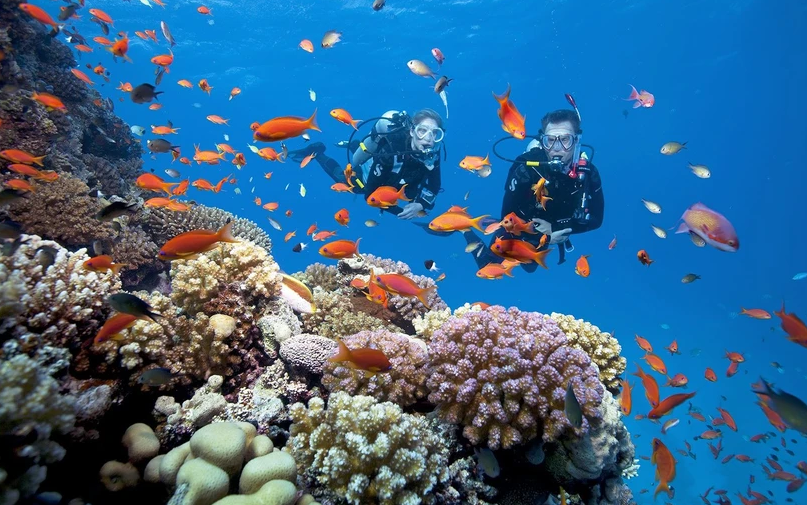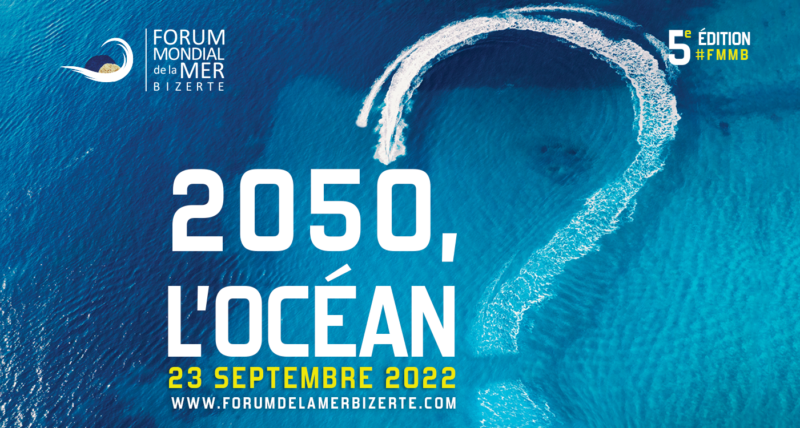Vietnam has made significant progress in protecting the marine environment by relying on science and technology to build a sustainable blue economy.Hanoi (VNA) — On the occasion of World Oceans Day (June 8), Vietnam is launching the Week of Seas and Islands, scheduled from June 1 to 8, under the theme: “Green Technologies for a Sustainable Ocean,” echoing the United Nations message: “A Wonderful Ocean – Preserving the Source of Life for Humanity.”
The Ocean: A Vital Issue Amid Global Challenges
The UN message highlights the crucial importance of oceans for human life while calling on the international community to strengthen efforts to protect marine ecosystems.
Indeed, oceans today face increasing pressures from climate change and the negative impacts of human activities.
For Vietnam, this thematic week represents an opportunity to raise public awareness about the importance of marine environments, promote maritime culture, and reaffirm its commitment to balancing economic development with environmental protection in coastal and marine areas.
In recent years, the country has made significant progress in protecting the marine environment by relying on science and technology to build a sustainable blue economy.
The National Strategy for Sustainable Development of the Maritime Economy by 2030, with a vision toward 2045, sets clear priorities: pollution control, biodiversity preservation, and transition to more ecological and sustainable exploitation models.
The Environmental Protection Law adopted in 2020 strengthens regulations on managing terrestrial and marine pollution sources while holding responsible stakeholders accountable.
The Vietnamese Ministry of Natural Resources and Environment (now the Ministry of Agriculture and Environment) has established a marine environmental monitoring system that enables real-time tracking of water quality and early pollution alerts.
At the same time, Vietnam is expanding its network of marine protected areas and developing international cooperation by adhering to major conventions such as UNCLOS (1982) and the MARPOL Convention (1973/78) on marine pollution prevention.
Persistent Challenges Despite Efforts
Despite these advances, Vietnam’s marine ecosystems remain threatened. Coastal pollution, environmental incidents, and degradation of marine landscapes are still frequent. Solid waste from households, industry, agriculture, and tourism affects vast coastal areas.
Even more worrying, natural habitats such as coral reefs, mangroves, and seagrass beds are sharply declining. Over 15 years, the country has lost between 15% and 20% of its coral reef area, leading to a decline in biodiversity and threatening the livelihoods of thousands of families dependent on fishing or tourism.
In this context, the theme chosen for 2025 — “Green Technologies for a Sustainable Ocean” — is very timely. It highlights the role of technological innovation, ecological transition, and digital transformation in safeguarding oceans and developing a prosperous and sovereign maritime economy.
The use of green technologies is now considered a strategic solution. Tools such as smart monitoring, marine waste treatment, coral reef restoration, and offshore renewable energy development are promising paths.
Digital transformation, meanwhile, supports the creation of modern oceanic databases and facilitates efficient marine spatial planning, ensuring sustainable exploitation of marine resources.
— NDEL/VNA
Source: vietnamplus



